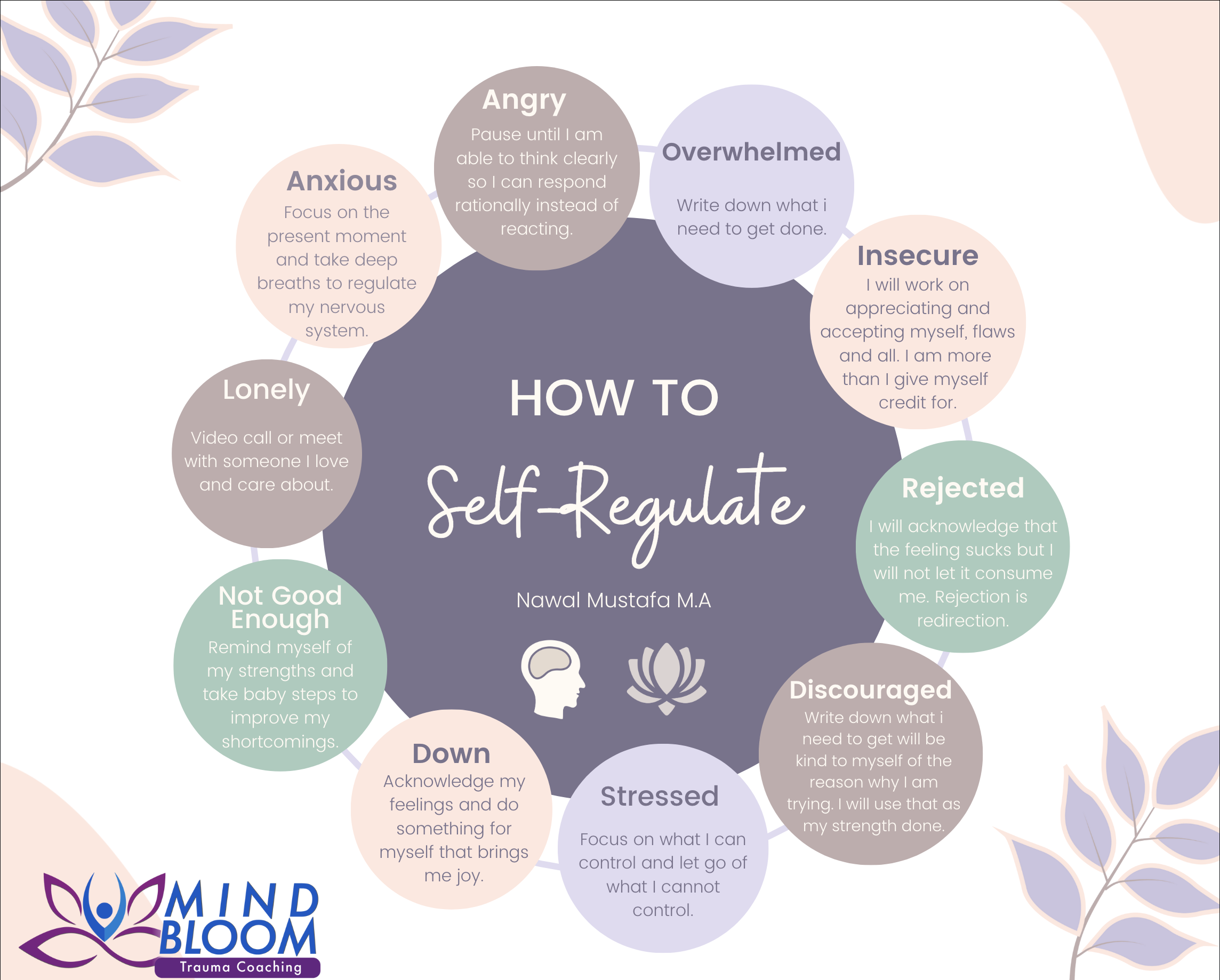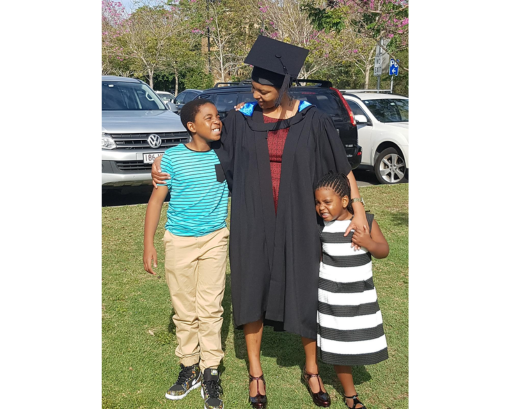Most of my articles are related to my personal experiences. Over the last two decades, I have been raising three children. One is 20, the other is 13, and my youngest is 11. Being a parent doesn’t come with a manual and can be very challenging. Each child has their unique personality, interests, and needs, requiring me to constantly adapt my parenting style. Over the last 13 years, my parental style has changed owing to me learning how to be secure within myself. I can be an effective practitioner, but when it came to my children—especially my son—I often found myself mirroring my mother’s critical approach. My harsh judgments led him to view himself negatively and feel guilty about the money I spent while he pursued my interests instead of his own. As a result, my son became overly apologetic, excessively nice, and struggled to express himself authentically.
Acknowledging my shortcomings, I eventually took the time to sit down with him and help him process the trauma stemming from my parenting. Since he turned 13, we’ve had numerous conversations, and when he turned 20, he approached me and said, “Hey Mum, I’m trying to unlearn everything I thought defined me from ages 0 to 19. It feels like this is my Year One right now.” As a parent of African heritage, I might have felt defensive and taken this personally, but thanks to my journey of self-development, I felt a sense of relief and gratitude. I had always told him that while I couldn’t erase the damage I had caused, it was now his responsibility to work on himself. I emphasised the importance of this self-work before starting a family of his own.
Many children find it challenging to communicate with their parents, which can have a significant impact on their mental health. It’s crucial for parents to actively listen to their children and validate their feelings, thereby fostering an open and supportive environment. Unfortunately, many parents struggle with this, often unconsciously imposing their own views or expectations. By taking the time to genuinely understand their child’s emotions during conversations, parents can cultivate a deeper emotional connection and promote personal growth. This process can be liberating not only for the child but also for the parent, as it enhances the bond and mutual understanding between them.
One effective way I validated my child’s experience of feeling criticised during his upbringing was through empathy and openness. One afternoon, as we discussed his childhood, he expressed, “You were always critical of everything I did; you focused on my mistakes instead of recognising my achievements.” I replied, “I’m sorry for creating an environment that hindered your growth. I didn’t know any better, and I appreciate you sharing this with me. I realise that my criticisms may have overshadowed the praise you deserved, and I genuinely regret if that made you feel unappreciated. Your feelings are valid, and I want to understand how my words affected you better.” By acknowledging his emotions without defensiveness and showing a willingness to change, a parent can demonstrate genuine care and a commitment to improvement.
Unhelpful Remarks:
“I did this for you.”
This statement can make children feel guilty for their feelings, suggesting that their emotions are secondary to the parent’s sacrifices.
“You became who you are because of what I did for you.”
This remark shifts focus to the parent’s contributions, undermining the child’s individual experiences and emotions, which can lead to feelings of inadequacy.
“You don’t understand how hard it was for me.”
By emphasising the parent’s struggles, this comment dismisses the child’s feelings and perspective, creating a barrier to empathetic communication.
“Many kids would be grateful for the sacrifices I’ve made.”
This comparison can invalidate the child’s feelings, making them feel like they shouldn’t voice their emotions or critiques.
“I always put you first.”
While intended to show care, this statement can imply that the child’s feelings are less important, discouraging them from being open about their own needs.
These remarks are unhelpful because they diminish the child’s feelings, shift focus away from their perspective and can create barriers to open communication and emotional expression.
In conclusion, the title “Evolve or Lose Your Children” encapsulates the critical importance of parental growth and adaptation in nurturing healthy relationships with our offspring. Parenting is a continual journey of learning and self-improvement. By evolving our approach and actively listening to our children, we can build stronger, more empathetic connections that uphold their emotional and psychological well-being. Recognising and addressing our own shortcomings allows us to foster a supportive environment where our children feel valued and understood. Ultimately, evolving not only enriches our children’s lives but also enhances the bond we share, ensuring that we do not lose them to misunderstandings or disconnect.






